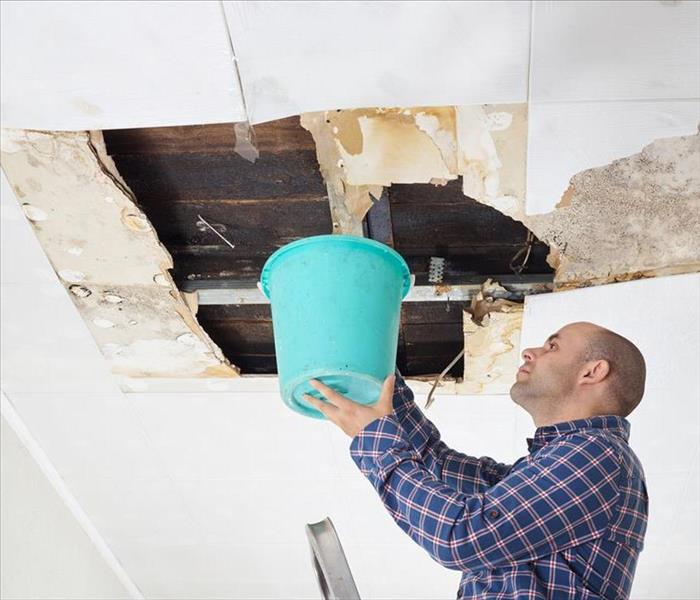Will Insurance Cover My Business After a Storm?
7/29/2022 (Permalink)
Business owners may find themselves wondering if their property in Iona, FL is covered if the building is damaged by a storm. If you have commercial insurance, the short answer is yes, in most cases. However, it's worth taking a look to see what exactly your storm insurance covers.
What Does a Standard Policy Cover?
Typically, commercial insurance will cover losses or damage caused by:
- Fires
- Wind storms other than hurricanes
- Hail storms
- Tornadoes
If your roof sustains damage from a storm and water gets in the building, most policies will include insurance coverage on this type of water damage if the roof was in good condition prior to the storm.
What Is Not Covered in a Standard Policy?
Most commercial policies will not cover damage from hurricanes, earthquakes or flooding. Water damage caused by rising water or heavy rain will require coverage from a supplementary insurance policy. Sewage backup may also fall into the category of flooding, as heavy rains can cause sewer mains to back up into buildings. If you do not have separate insurance for flooding, consider purchasing it for your property. Flooding can happen in any geographic location, and having coverage available for emergency restoration services is a good idea.
What Are Hurricane and Windstorm Deductibles?
Businesses in coastal areas covered by storm insurance may have a wind damage deductible. Hurricane deductibles apply to damage caused solely by hurricanes. Wind storm or wind/hail deductibles apply to any kind of wind damage. In most cases, the insurance company will determine which deductible will apply to a claim. Deductibles may be a dollar amount or a percentage of the property's value. Options vary by state and are subject to regulations, so be sure to review your policy with your agent if you need information about your insurance coverage.
It's best to know your storm insurance coverage before a disaster strikes. Review your policy with your agent to make sure you are prepared for a weather emergency.






 24/7 Emergency Service
24/7 Emergency Service
